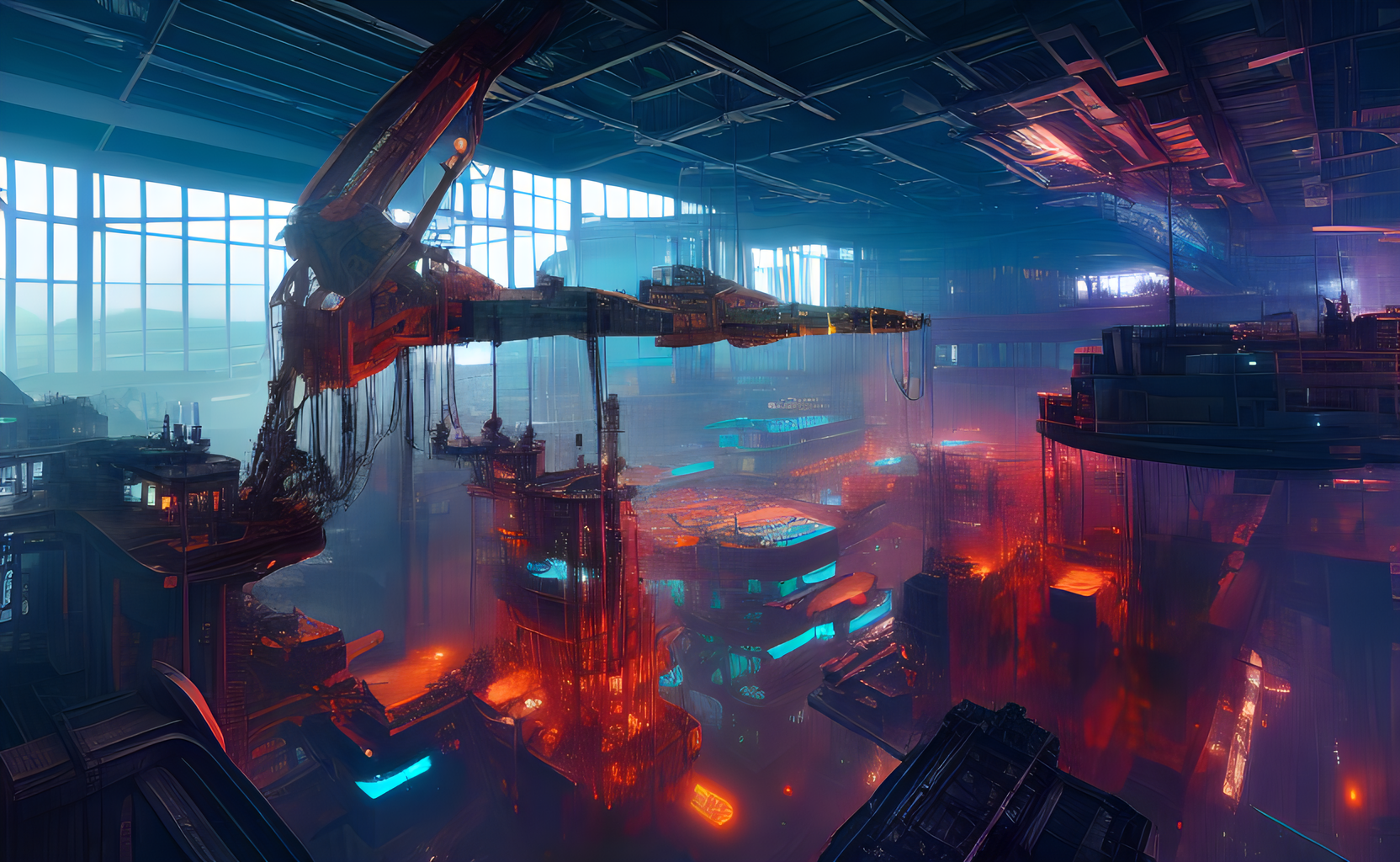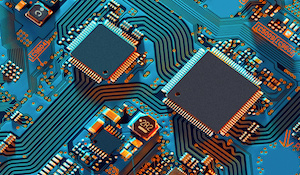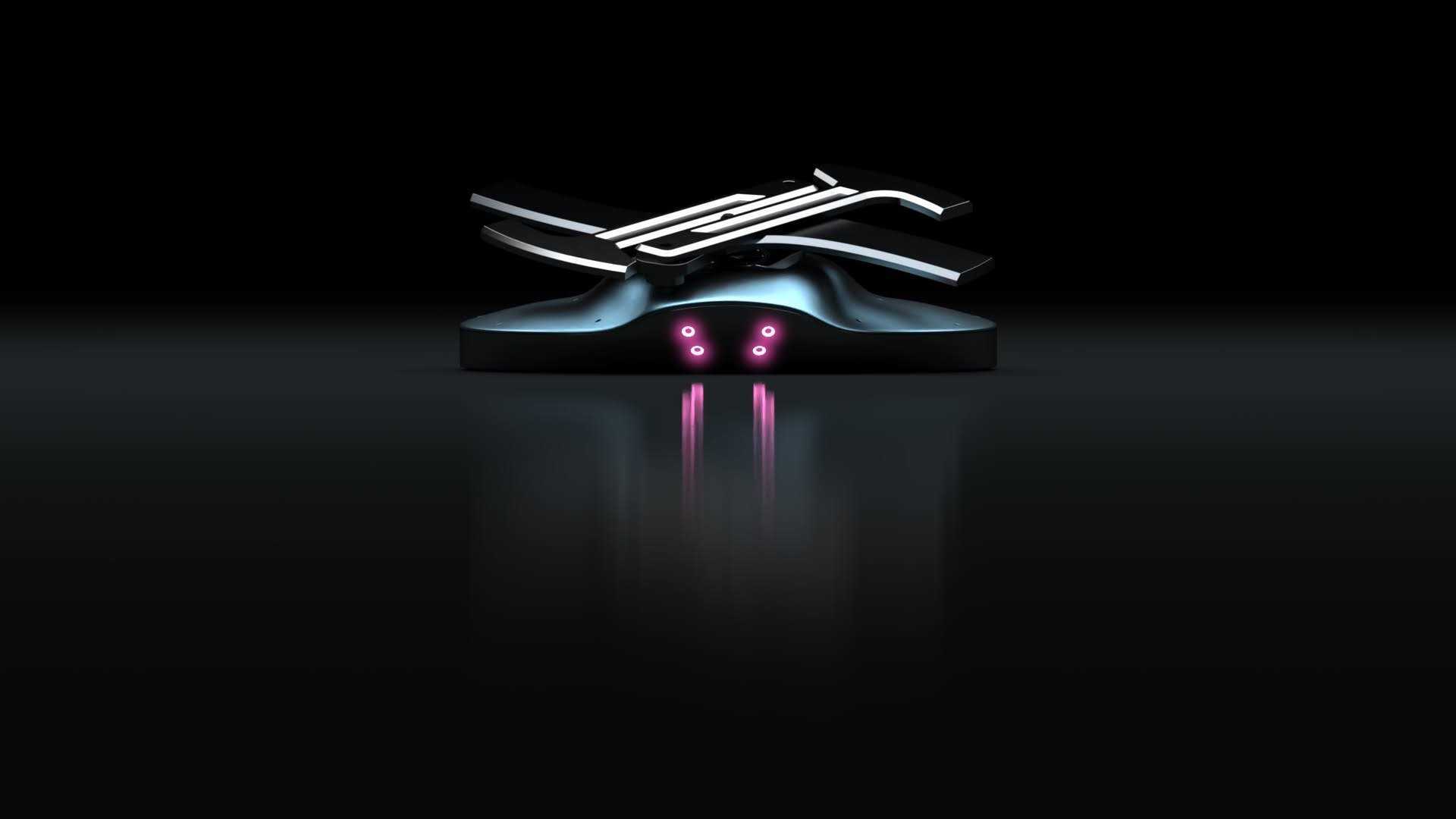Imagine if at the beginning of the nuclear age, nuclear weapons were simultaneously developed in thousands of private labs around the world under the guise of creating sustainable energy. The intent would be beneficial to humanity, but the potential for disaster would be too great a risk to allow.
The question of whether UFOs (Unidentified Flying Objects) originate from alien civilizations has been a hotly debated subject for decades. The idea has been a subject of fascination, study, and even ridicule by some, but we do know, mathematically, given the nearly incalculable size of the universe, that it is highly unlikely we are alone in the universe.
Smart Factories & Industry 4.0
Jan 30, 2023 11:25:09 AM / by posted in Manufacturing, Science, artifical intelligence
The 4th industrial revolution, also known as Industry 4.0, refers to the current trend of automation and data exchange in manufacturing technologies, including the Internet of Things (IoT), artificial intelligence (AI), and cognitive computing. It is characterized by a fusion of technologies that blur the lines between the physical, digital, and biological spheres. The creation of “smart factories,” in which machines and systems can communicate and cooperate with each other, making the production process more efficient and flexible, is the primary goal. Smart factories blend several new technologies together, such as the Internet of Things (IoT), artificial intelligence (AI), and robotics, to create manufacturing processes that are more efficient, flexible, and adaptable.
Artificial Intelligence - Chatbots and Art
Dec 29, 2022 12:35:10 PM / by posted in Science, artifical intelligence
In recent years, the doomsday specter of a self aware Artificial Intelligence has permeated science fiction and film. Even Elon Musk one of the founders of OpenAi.com has warned against the dangers of an artificial super intelligence becoming the enemy of mankind.
Reshoring Microchip Manufacturing
Nov 30, 2022 6:09:00 PM / by posted in Engineers, Manufacturing, Problem-solving, Science
The pandemic disrupted supply chains around the world and exposed many weaknesses, but one of the most glaring issues was in microchip manufacturing. Microchips are the engine that runs the modern world, from cars to mobile phones, computers, and electronics of all kinds, disruption to the production of microchips rippled through the world economy. Many industries that require advanced microchips in the manufacturing process experience delays and shortages. The shortages drove the price of goods up and contributed to rising worldwide inflationary pressures.
A New Type of Citizen
Oct 30, 2022 3:58:50 PM / by posted in Science, artifical intelligence
If Google's Lambda is conscious, will it become a citizen?
How Artificial Intelligence is Revolutionizing Decision Making
Sep 29, 2022 11:20:02 AM / by posted in Science, artifical intelligence
In recent years, artificial intelligence (AI) has gained a great deal of attention as one of the most important technologies of our time. But what is AI, and why is it so important? In short, Artificial intelligence is the science of developing a system or software to emulate human intelligence. The goal is to give the software the ability to learn and apply knowledge and skills. AI is a process that allows computers to learn and work on tasks that, until now, were reserved for humans.
Leonardo Da Vinci wasn’t born one of the greatest artists in history. His transcendent skills as a painter, sculptor, and inventor were acquired through decades of focused hard work and practice. What most people don’t know is that as a young boy, he began his career as an apprentice. Apprenticeships have a proud history dating back more than 4,000 years and are still in use today.
Though apprenticeships still exist today, parents and teachers in the post WWII era have been “pushing” kids to go to college as a SURE-FIRE WAY of being qualified for a “good” job. The “push” seems to have worked. In 2017, 34.6% of women, and 33.7% of men, had college degrees in the U.S. But, before parents and teachers get kids aboard the “college bound train,” they should consider several potential downsides to the college option.
Rising College Tuition and the Debt Trap.
The return of BattleBots; Go Team Ostrich Air!
Aug 8, 2022 7:30:00 AM / by posted in Robotics
Bureaucracy, Science and Engineering
Jul 25, 2022 9:40:42 PM / by posted in technology, Space, Engineers
The James Webb Space Telescope is the successor to the Hubble Telescope and is one of the most expensive single devices built in human history. So far, the cost of the telescope has been more than $10 billion and operational costs will continue to add up over the years. The question is, is it worth it? What will be the return on the incredible investment in time, money, and resources? Some people argue that we should be investing in other more urgent issues, like healthcare, education, or environmental issues. But others believe that the search for new knowledge is essential for humanity's future and that every bit of new knowledge is invaluable.

.jpeg)








